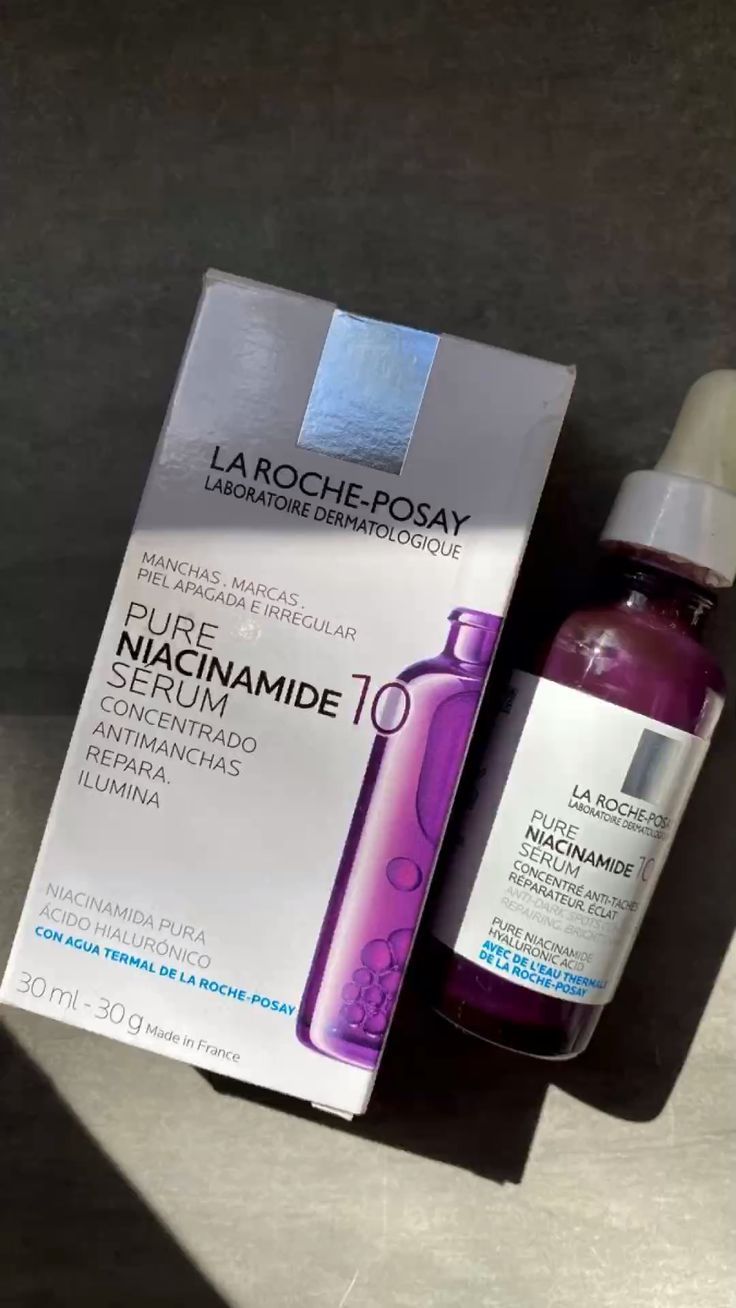Get ready to unlock the secret ingredients of French skincare! In this blog post, we’re diving into the world of popular French skincare ingredients and their extraordinary skin-transforming powers. Picture lush French landscapes and centuries of beauty wisdom condensed into a jar.
From botanical wonders to heavenly oils, these ingredients have captured the hearts of skincare fans worldwide. Join us as we unveil the magic and allure of these French treasures, and get ready to elevate your skincare routine to new heights. Your skin is about to experience a little je ne sais quoi like never before.
When it comes to skincare, the French have long been admired for their effortlessly radiant and healthy complexions. Their secret? A treasure trove of natural ingredients derived from the bountiful French countryside. From soothing botanical extracts to nourishing oils and innovative formulations, French skincare ingredients have gained worldwide recognition for their ability to transform and enhance the skin.
These are some of the most beloved French skincare ingredients, exploring their unique properties and the remarkable effects they have on your skin. Get ready to discover the magic of these enchanting ingredients and unlock the secrets to achieving a glowing and rejuvenated complexion like the French.

Hyaluronic Acid
Hyaluronic Acid is a naturally occurring substance in our skin that holds water to help keep it hydrated and plump. The molecule has a unique ability to retain a significant amount of water—up to 1,000 times its weight, making it a powerful hydrator for all skin types. It also has antioxidant properties that shield against harmful free radicals. You’ll find hyaluronic acid in dozens of skincare products from serums and creams to sheet masks, with popular ones being Vichy’s best-selling 89 Minéral Serum and Lancôme’s Hydra Zen Glow Moisturizer.
Vitamin C
Vitamin C, or ascorbic acid, is a potent antioxidant that can neutralize free radicals in the skin. It’s known for its brightening capabilities—it can help fade pigmentation, reduce redness, and improve skin tone. Additionally, vitamin C aids in your skin’s natural regeneration process, helping your body repair damaged skin cells. You’ll often find it in serums, such as La Roche-Posay’s Pure Vitamin C Serum and Avène’s A-Oxitive Antioxidant Defense Serum, for its ability to effectively penetrate the skin when applied topically.
Vitamin B
Vitamin B is a complex of several vitamins that include thiamine (B1), riboflavin (B2), niacin (B3), pantothenic acid (B5), pyridoxine (B6), biotin (B7), folate (B9) and cobalamin (B12). These vitamins have a wide range of benefits such as soothing irritation, reducing redness, and controlling oil production. Niacinamide (Vitamin B3) in particular is a popular skincare ingredient known for strengthening the skin barrier and minimizing pore appearance. Products like the La Roche-Posay Hyalu B5 Pure Hyaluronic Acid Serum capitalize on this potent vitamin.
Monoi Oil
Monoi Oil is a fragrant Tahitian oil that is made by soaking the petals of the Tahitian gardenia in coconut oil. This exotic oil is prized for its hydrating and softening properties, perfect for dry and dehydrated skin. It is also used for its fragrance and its soothing and purifying properties. Monoi Oil is often found in natural skincare and hair products such as Yves Rocher’s Monoï Multi-Purpose Moisturizing Dry Oil for hair and body and Christophe Robin Night Recovery Monoi Oil.
Retinol
Retinol, a derivative of Vitamin A, is one of the most well-studied and effective skincare ingredients for reversing signs of aging. It works by promoting skin cell turnover and boosting collagen production. Harvard Health says that topical retinoids can greatly reduce the appearance of wrinkles and fine lines. It can also improve skin texture and diminish acne scars or dark spots. However, retinol can be irritating for some, so it’s crucial to introduce it into your skincare routine gradually. It’s often found in anti-aging serums and creams, like La Roche-Posay Retinol Serum and the famous A313 cream.
Shea Butter
Shea Butter is a fat extracted from the nuts of the shea tree, native to West Africa. It’s intensely nourishing and moisturizing, making it perfect for dry and sensitive skin types. Shea Butter also has anti-inflammatory and healing properties, which can soothe and condition irritated skin. You’ll commonly find shea butter in moisturizers, body butters, and lip balms, such as L’Occitane’s Shea Butter Hand Cream and the eczema treatment Avène TriXéra Nutrition Nutri-Fluid Balm.
Niacinamide
Niacinamide, also known as Vitamin B3, is a powerful, versatile skincare ingredient that benefits almost every skin type. It helps to strengthen the skin’s barrier function, regulate oil production, minimize the appearance of pores, and reduce inflammation, which can be particularly helpful for acne-prone skin. It can fade dark spots and hyperpigmentation, making skin tone appear more even. You’ll find Niacinamide in many French products, including serums, creams, and toners, with popular options being L’Oreal Paris Revitalift Pressed Night Cream and Caudalie Vinoperfect Instant Brightening Moisturizer.




